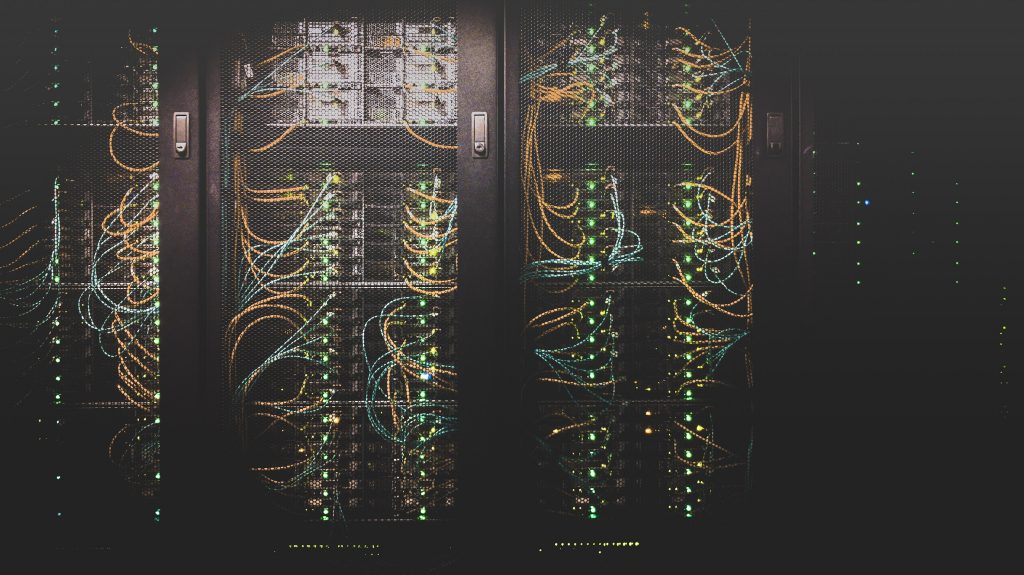The Metro: Artificial intelligence in education
Lauren Myers, David Leins, The Metro February 12, 2025Today on The Metro, we’re talking to educators on the front lines adjusting their teaching methods and guiding students through this complex landscape.

Subscribe to The Metro on Apple Podcasts, Spotify, NPR.org or wherever you get your podcasts.
As artificial intelligence becomes increasingly integrated into educational environments, there are growing debates about its long-term effects on student learning.
The concern is not just about students relying too heavily on these tools, but whether this reliance will impact their ability to think critically, communicate effectively and retain knowledge.
Despite the promise of AI’s capabilities, the future of education in an AI-driven world remains uncertain. Today on The Metro, we’re talking to educators on the front lines adjusting their teaching methods and guiding students through this complex landscape.
Guests:
- Matt Miller: Teacher and author of the book “AI for Educators.”
- Ali Fadlallah: Admissions coach, college success teacher at Henry Ford College, and author of the book “March Forth.”
- Muhammad Fusenig: He works at the Disciplined Reading and Learning Research Laboratory at the University of Maryland. He’s also pursuing a Ph.D in educational psychology at the university.
We also asked listeners:
“Where do you stand on artificial intelligence in schools? Are you optimistic about AI in education or are you worried?”
Jim in Ann Arbor said: “There’s no getting around it. AI is here to stay as long as we have power, we have the grid up and we have internet.”
Join the conversation by calling 313-577-1019 or leaving us an Open Mic message on the WDET app.
More stories from The Metro on Feb. 12, 2025:
- Detroit is making it easier for residents to participate in animal husbandry, a practice that was once more associated with rural areas. The city’s new animal husbandry ordinance allows residents to keep up to eight chickens or ducks and four honeybee hives for personal use within the city limits. Associate Director of Urban Agriculture for the City of Detroit Patrice Brown joined the show to discuss the impact of the new ordinance on local residents.
- A recent survey led by a Wayne State researcher tells us that people working at stadiums in Detroit are struggling to make ends meet. Over 60% of respondents say they’re living paycheck-to-paycheck. Meanwhile, over half face more dire financial circumstances, with over 50% at or below the federal poverty line. To discuss this, professor of social work Kess Ballentine joined the show. She led the survey and is an expert in low-paid labor conditions and work-family strain at Wayne State University.
- Justin Grant is a communication expert and the CEO of JPMorgan Black Pathways. He joined The Metro to talk about his new book “Company Men: A Wellness Guide for Black Men in Corporate America.”
Listen to The Metro weekdays from 10 a.m. to noon ET on 101.9 FM and streaming on-demand.
Trusted, accurate, up-to-date.
WDET strives to make our journalism accessible to everyone. As a public media institution, we maintain our journalistic integrity through independent support from readers like you. If you value WDET as your source of news, music and conversation, please make a gift today. Donate today »Authors
-
-
 David Leins is the senior producer of WDET’s daily news and culture program, The Metro. He has produced several award-winning podcasts and multimedia series at WDET including Tracked and Traced, Science of Grief and COVID Diaries, which earned a National Edward R. Murrow Award for Excellence in Innovation. He previously led WDET’s StoryMakers program. David has an M.A. in Media Arts and Studies from Wayne State University, and a B.A. in anthropology from Grand Valley State University with a minor in Arabic. David teaches podcasting at Wayne State University and is an alumnus of the Transom Audio Storytelling Workshop.
David Leins is the senior producer of WDET’s daily news and culture program, The Metro. He has produced several award-winning podcasts and multimedia series at WDET including Tracked and Traced, Science of Grief and COVID Diaries, which earned a National Edward R. Murrow Award for Excellence in Innovation. He previously led WDET’s StoryMakers program. David has an M.A. in Media Arts and Studies from Wayne State University, and a B.A. in anthropology from Grand Valley State University with a minor in Arabic. David teaches podcasting at Wayne State University and is an alumnus of the Transom Audio Storytelling Workshop. -

